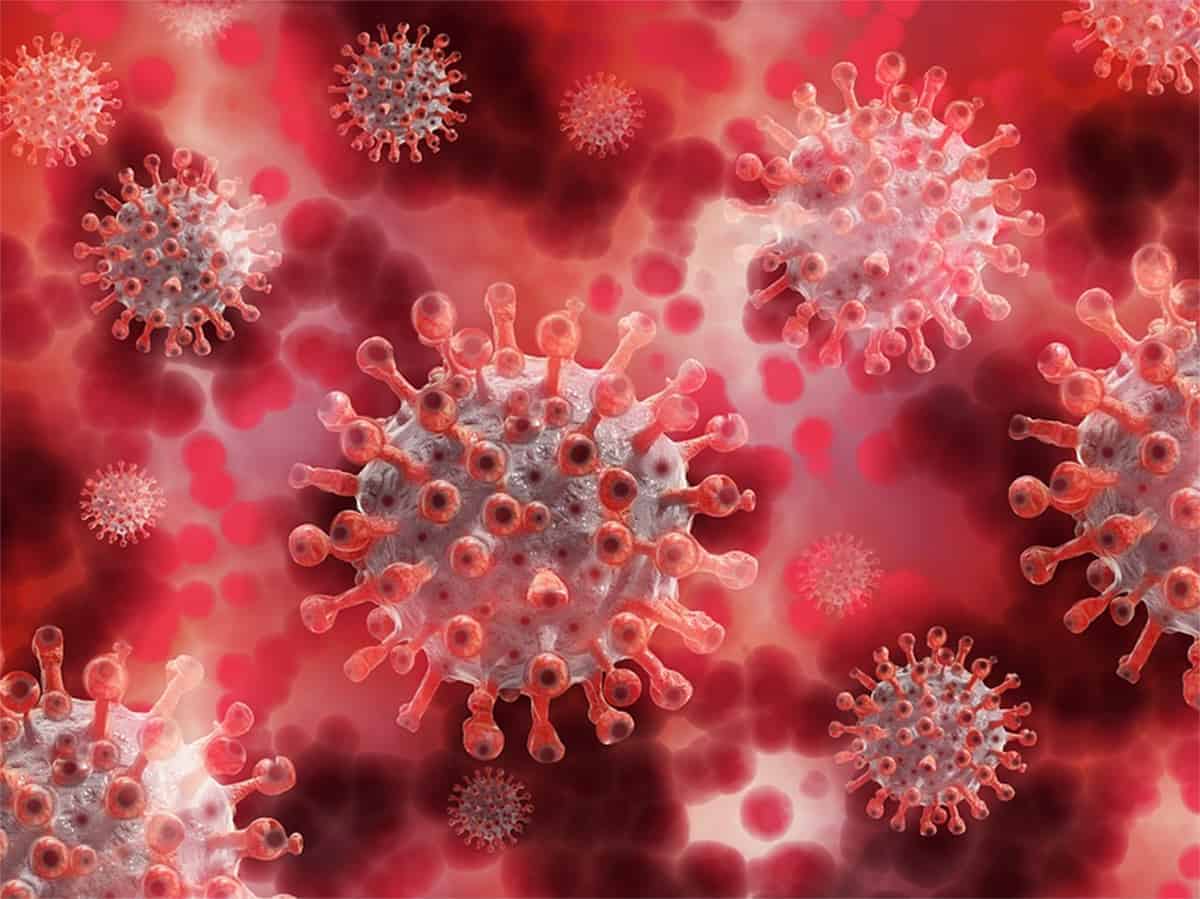New Delhi: A study done by the Indian Council of Medical Research (ICMR) has found that the substantial third wave of COVID-19 could occur but it may not be as severe as the second wave.
The study titled ‘Plausibility of the third wave of COVID-19 in India: A mathematical modelling based analysis’, was published on Friday in the peer-reviewed Indian Journal of Medical Research.
“This study demonstrates plausible mechanisms by which a substantial third wave could occur, while also illustrating that it is unlikely for any such resurgence to be as large as the second wave,” the study said.
However, the researchers also noted that the projections were subject to uncertainties and scaling up vaccinations is the only way to ‘mitigate against any eventuality’.
“Preparedness planning for any potential future wave will benefit by drawing upon the projected numbers based on the present modelling exercise,” it added.
In the study, researchers examined four potential mechanisms of the third wave of COVID-19 using a compartmental model of SARS-CoV-2 transmission.
“In the first mechanism, the possibility of waning immunity was considered that would put previously exposed individuals at risk. Second, the emergence of a new viral variant that is capable of escaping immunity to previously circulating strains. Third, the emergence of a new viral variant that is more transmissible than the previously circulating strains. Fourth, of current lockdowns affording fresh opportunities for transmission,” the study read.
The result of the study said that the Immune-mediated mechanisms (waning immunity, or viral evolution for immune escape) are unlikely to drive a severe third wave if acting on their own unless such mechanisms lead to a complete loss of protection among those previously exposed.
The researchers highlighted that a new, more transmissible variant will also need to have a very high infection rate (R 0 >4.5) to cause the third wave on its own.
The R-value refers to the rate at which an infection spreads within the population.
The ICMR study mentioned that two mechanisms where a severe third wave is possible. First is a new variant that is more transmissible and is also capable of escaping prior immunity and second, when lockdowns are highly effective in limiting transmission and subsequently released.
Researchers suggested that rapid scale-up of vaccination efforts could play an important role in mitigating these and future waves of the disease.

